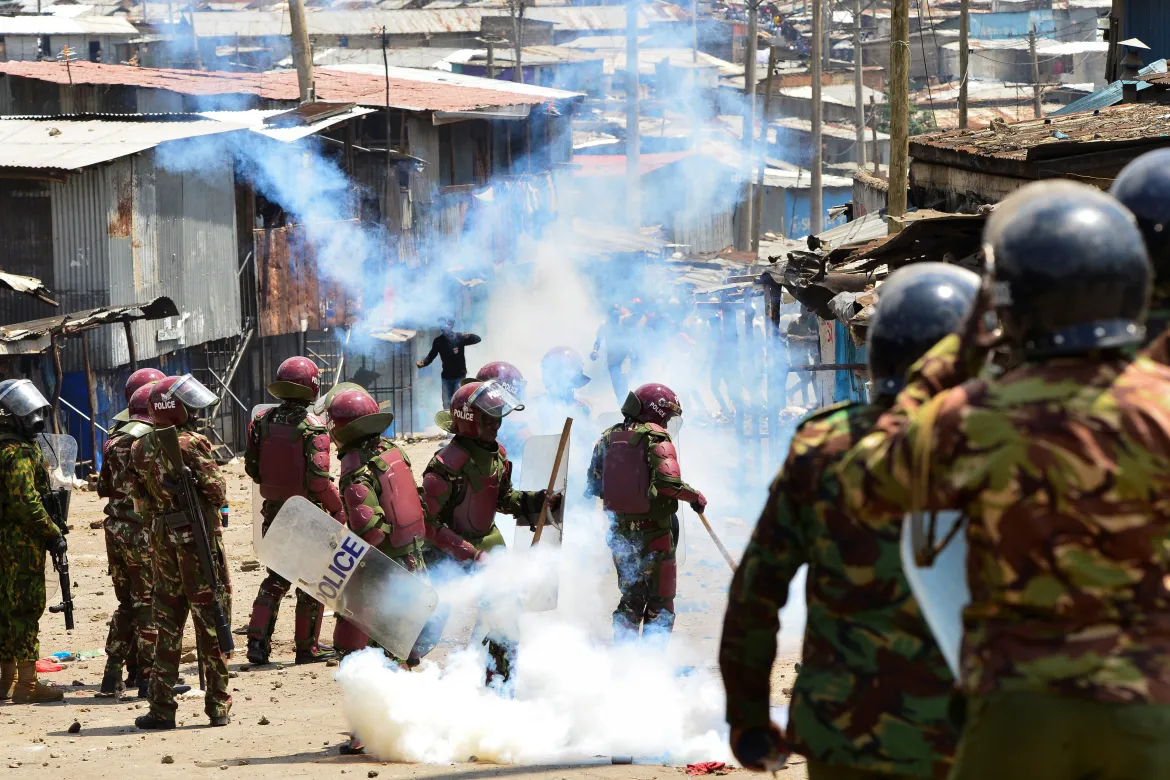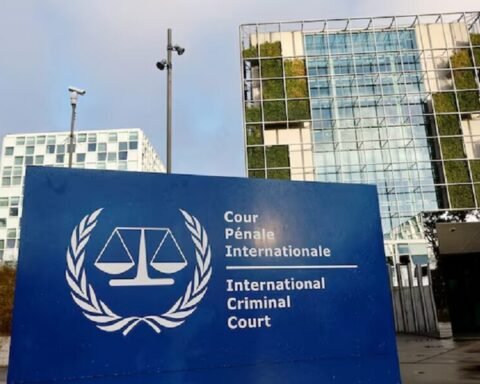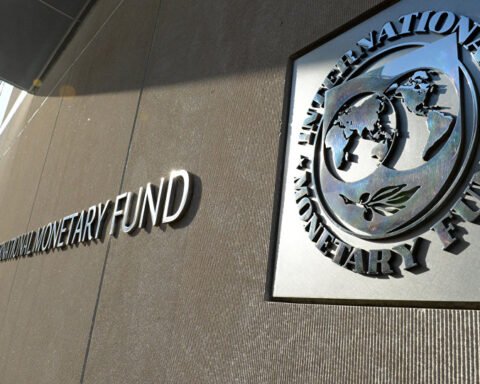What was meant to be a solemn press conference by grieving mothers turned into a chaotic and violent scene on June 6, when armed men stormed the Kenya Human Rights Commission (KHRC) headquarters in Lavington, Nairobi.
The attack occurred just before a planned media briefing, where the mothers—part of a growing grassroots coalition—were preparing to speak out against extrajudicial killings, enforced disappearances, and arbitrary arrests that have reportedly targeted young protesters and activists across Kenya.
According to a statement by KHRC, approximately 20 assailants, some armed with sticks and rods, forced their way through the facility’s locked gate. Shouting accusations such as “You are planning protests here,” the group assaulted and robbed attendees, including members of the media. Witnesses confirmed that mobile phones, laptops, and other personal belongings were stolen during the ordeal.
“The gate was locked but they forced themselves in. They were attacking and robbing people,” said a journalist with Agence France-Presse (AFP), who was present at the scene.
The event was organized by a network of mothers whose children have either gone missing or were killed during past protest crackdowns. They had gathered at KHRC to call for an end to violent suppression ahead of Saba Saba Day, a national day of protest rooted in Kenya’s pro-democracy movement of the 1990s.
KHRC described the raid as a calculated act of intimidation. “These were mothers seeking answers. The attackers came with one mission: to silence,” said a spokesperson for the organization.
The Saba Saba protests, originally launched on July 7, 1990, led to Kenya’s eventual adoption of a multi-party system and are now commemorated annually by activists demanding civil rights, justice reform, and political accountability. This year, calls have intensified due to growing concerns over state-sanctioned violence and increasing levels of youth unemployment.
Human rights groups believe the June 6 attack is part of a broader crackdown on civic freedoms and dissent. One example cited was the detention and forced deportation of KHRC’s senior legal advisor, Martin Mavenjina, who was recently returned to Uganda under unclear circumstances after attending a legal summit in South Africa. According to KHRC, Mavenjina held valid documentation and his removal was unlawful and politically motivated.
This comes against the backdrop of deadly confrontations between police and protesters in recent weeks. During June 2025 tax protests, at least 16 people were reportedly killed. On the most recent Saba Saba Day, the Kenya National Commission on Human Rights (KNCHR) documented at least 10 deaths, 29 injuries, and over 30 arbitrary arrests in a single day (source).
Also Read; BRICS Leaders Call for Fairer World Order
The raid was caught on CCTV footage and shared widely across platforms like Twitter (X) and Facebook. The video shows masked men entering the compound with shocking ease, overwhelming security and scattering the terrified crowd.
Activists and journalists have since raised alarms over the use of state-linked goons to suppress non-violent gatherings, a tactic observers say recalls some of the darkest moments in Kenya’s political past.
Human Rights Watch and Amnesty International have both condemned the attack and called on the Kenyan government to ensure the safety of civil society groups, freedom of assembly, and protection of journalists
With tensions rising ahead of July 7, civil society groups are urging calm but remain firm in their demands for transparency and reform. Protest organizers say that the intimidation and violence will not silence their calls for police accountability and democratic integrity.
One of the mothers, whose 19-year-old son has been missing since the 2023 protests, spoke to the press after the incident. “We are not criminals. We are mothers. We want our children safe. That is all.”







